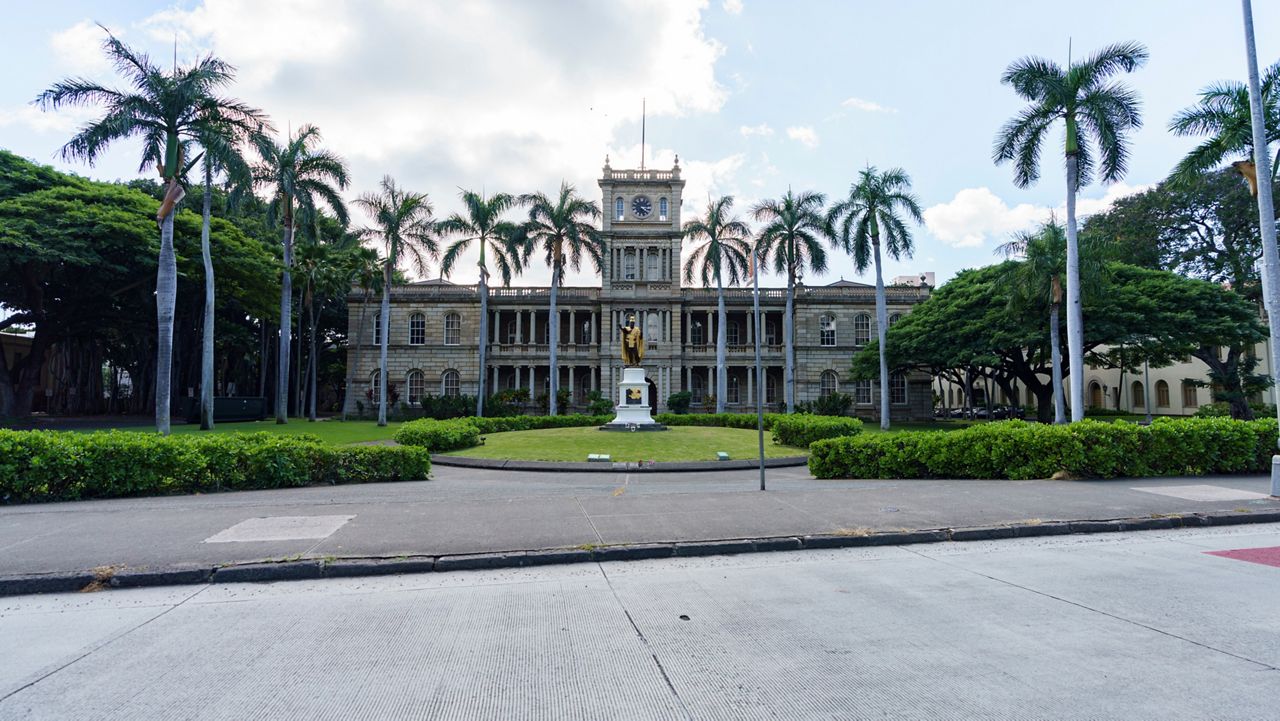HONOLULU — The Hawaii Supreme Court upheld Friday a Hawaii Land Use Commission’s ruling that special permits cannot be used for overnight camping on prime agricultural land.
At issue was the commission’s March 2016 ruling that Hoomoana Foundation could not use the special-permit process to authorize an overnight camp for commercial, recreational campers on Class B land in an agricultural district near Lahaina. The commission contended that Hawaii law expressly excludes overnight camps in its definition of permitted uses on Class A and B agricultural lands.
Agricultural lands are rated on a scale of A to E for soil productivity, with Class A lands being the most productive.
The 7.9-acre property is located along Hokiokio Place, adjacent to Lahaina Bypass Road between the Pumana Planned Unit Development and the agriculturally zoned Puunoa subdivision, and is within the State Land Use Agricultural District.
The property, previously used for sugar cane cultivation, is owned by Kauaula Land Company and leased to Hoomoana, which plans to develop an overnight campground for homeless and commercial campers with an agricultural field for possible future camper use.
A Hawaii circuit court and the Hawaii Intermediate Court of Appeals found in favor of Hoomoana, ruling that the commission could, in fact, issue such a special permit.
In a 3-2 decision, the Supreme Court reversed ICA’s decision, ruling that uses that are expressly not permitted in the state agricultural district need to be addressed in a district boundary amendment proceeding, not through a special permit.
“The specific exclusion of overnight camps from permitted uses in HRS § 205-4.5(a)(6) means that the public and private recreational use of overnight camps is not permitted, even by special use permit, on class A and B agricultural district land,” the ruling stated. “Accordingly, the foundation’s proposed campground project requires a district boundary amendment.”
As part of the decision, the court determined that its ruling in the 1990 Mahaulepu v. Land Use Commission case was incorrectly decided and overruled it.
Mahaulepu held that golf courses on class A and B agricultural land can be authorized by a special use permit, despite the fact that golf courses are not a permitted use on class B agricultural land under Hawaii statutes.
“The Hawaii Supreme Court’s decision supports our position originally taken by back in 2016 that the special-permit process cannot be used to approve overnight camps on prime agricultural lands,” said Land Use Commission executive officer Daniel Orodenker. “Although it has been a long road, the Commission is very happy with the outcome of this case, which resolves a lot of uncertainty with respect to special permits.”
In its ruling, the court emphasized that state land use statutes are intended to protect and conserve natural resources and foster “intelligent, effective and orderly land allocation and development.”
“We appreciate that the Court properly interpreted the law at issue in the same way as the Land Use Commission and believe that this decision will help protect the integrity of our land-use laws in the future,” said first deputy solicitor general Robert Nakatsuji, who represented the commission.
Michael Tsai covers local and state politics for Spectrum News Hawaii.



